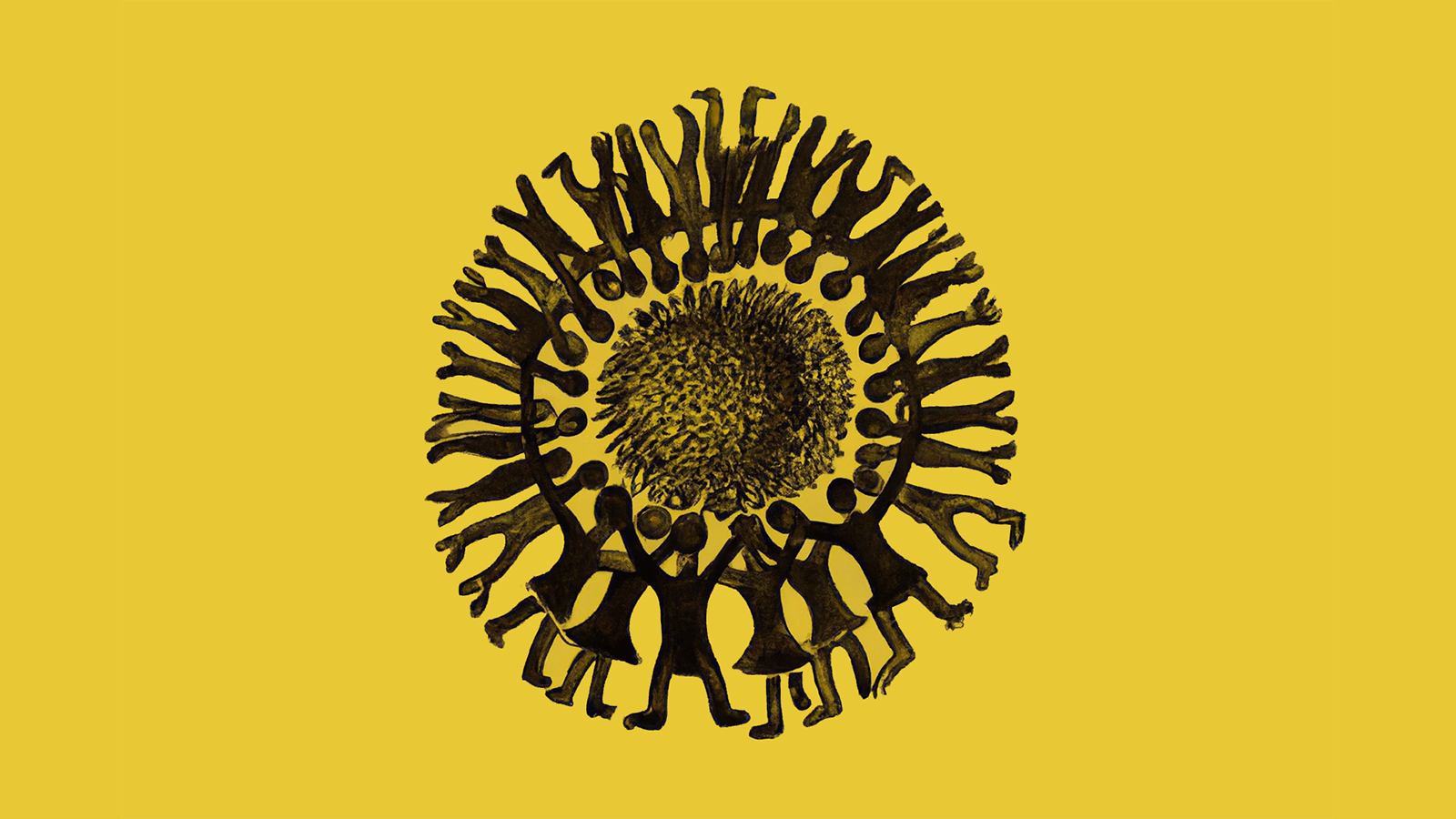Living the Meaning of Life: A Praxis Farewell

Four years ago, I launched a series at Big Think dedicated to deeper takes on “unplumbed questions and unexamined assumptions” in the overlapping realms of law, morality and politics. With topics ranging from how we use smartphones to the limits of religious liberty, rationality to circumcision, belief in God to teleportation, the recipe for happiness to how to be reasonable, irony to education and suffering to sex, I have tried to bring ideas from philosophy to bear on how people think of themselves, how they live their lives and how they interact with other people to forge meaningful communities. Three hundred or so posts later, I write a coda to Praxis.
I first encountered the term in my favorite essay by Immanuel Kant: “On the Saying, ‘That May Be True in Theory, But Is of No Practical Use.’” Kant argues, contrary to the cynic’s claim, that theory and practice are inherently linked. If you’re just flailing about mindlessly, you are not really engaged in a “practice.” True practice, praxis, is action informed by “certain principles of procedure represented in their generality.” This is an appeal for thoughtfulness in human affairs, a concern with acting mindfully and organizing your activities in line with principles rather than pure impulse or caprice.
Some find an overweening preachiness in Kant’s ethical writings, but I don’t read him that way. Kant’s exhortation to humanity to live according to what he calls the “moral law” by vetting every questionable action through the “categorical imperative” is not filled with fire and brimstone. It is not a Sunday-morning sermon. His fundamental message, to my mind, is that the human capacity for reason is nothing to sniff at. People may fail in all kinds of ways to live up to their potential, but these failures are neither hard-wired nor inevitable. They can, in nearly all circumstances, be overcome.
I’ve been thinking about Kant in recent weeks as I’ve been reading works by Viktor Frankl, a Viennese neurologist and psychiatrist who inspired my mother, Ingrid Mazie, to pursue her own career as a psychotherapist. I lost my mom, a survivor of the Holocaust, on April 1st. Frankl, who spent three years in concentration camps before being liberated by American soldiers in 1945, called his theory “logotherapy.” It falls on all human beings, logotherapy holds, to find and harness meaning in the particular circumstances of their lives. The “striving to find a meaning in one’s life is the primary motivational force in man,” Frankl wrote. Since the content of life’s purpose is specific to each individual in particular circumstances, it may be futile to “search for an abstract meaning of life.” Instead, we might consider flipping the question:
As each situation in life represents a challenge to man and presents a problem for him to solve, the question of the meaning of life may actually be reversed. Ultimately, man should not ask what the meaning of his life is, but rather he must recognize that it is he who is asked. In a word, each man is questioned by life; and he can only answer to life by answering for his own life; to life he can only respond by being responsible. Thus, logotherapy sees in responsibleness the very essence of human existence.
Frankl outlined three broad avenues by which we might discover and cultivate meaning: “(1) by creating a work or doing a deed; (2) by experiencing something or encountering someone; or (3) by the attitude we take to unavoidable suffering.” On Saturday, March 26th, a day before her condition took a sudden turn, my mom was strong enough to get out of her hospital bed and into a wheelchair for a stroll outside in the San Diego sun. Her face was serene but serious, wise and beautiful. “We have to make the most of everything,” she told us, encapsulating Frankl’s teachings in eight deceptively simple words. In what she must have known was the final outing of her life, my mother found meaning in the warm sun, the breeze, her husband and her children being with her and enjoying a moment of still beauty together. Having lived a life bookended by tragedy in Nazi Germany and a slow decline from Parkinson’s Disease, Ingrid made the most of beginning, end and blessed middle of her 83 years and bravely faced the final stages of her illness with jokes, singing, dancing and expressions of thanks and love. She lived Viktor Frankl’s admonition.
Finding meaning in all life conditions, including suffering, is not a matter of ignoring tragedy or death. It is not forced optimism. And it is not to be confused with clawing for happiness, an endeavor that both Kant and Frankl believed to be shallow and self-defeating. “The more a cultivated reason devotes itself to the enjoyment of life and happiness,” Kant wrote, “the more the person falls short of true contentment.” Neither happiness nor success “can be pursued,” Frankl wrote, echoing Kant. These states of being must “ensue…as the unintended side-effect of one’s personal dedication to a cause greater than oneself.” The existential search for meaning is thus a practice, a praxis, of discovery and action.
—
Steven V. Mazie is Professor of Political Studies at Bard High School Early College-Manhattan and Supreme Court correspondent for The Economist. He holds an A.B. in Government from Harvard College and a Ph.D. in Political Science from the University of Michigan. He is author, most recently, of American Justice 2015: The Dramatic Tenth Term of the Roberts Court.
Image credit: Shutterstock.com
Follow Steven Mazie on Twitter: @stevenmazie





